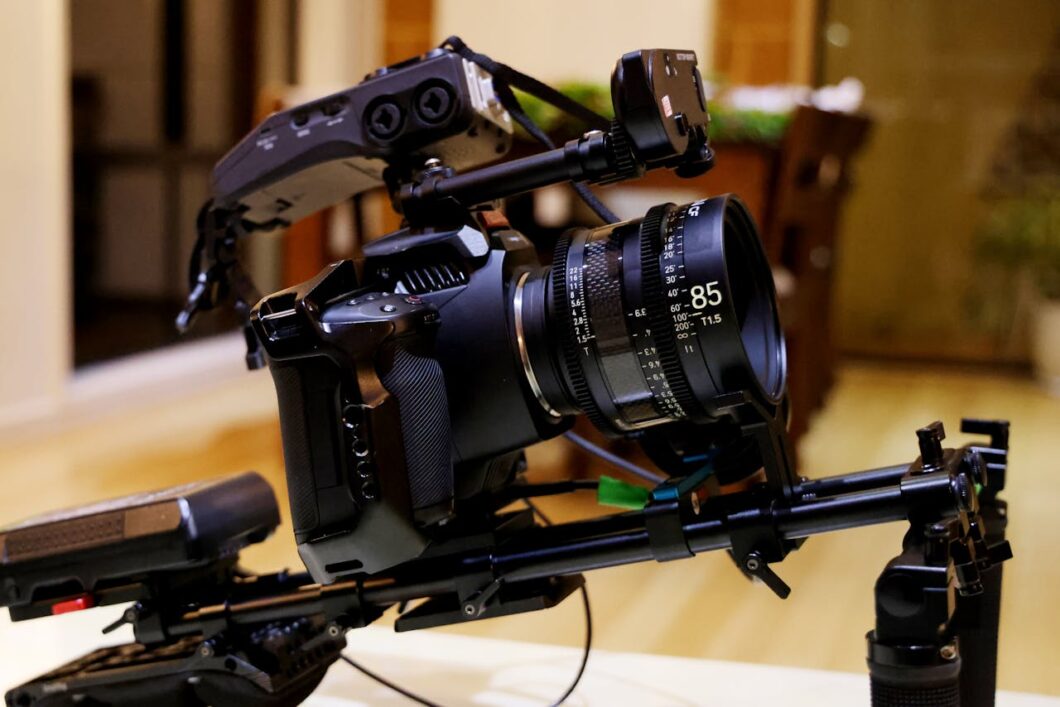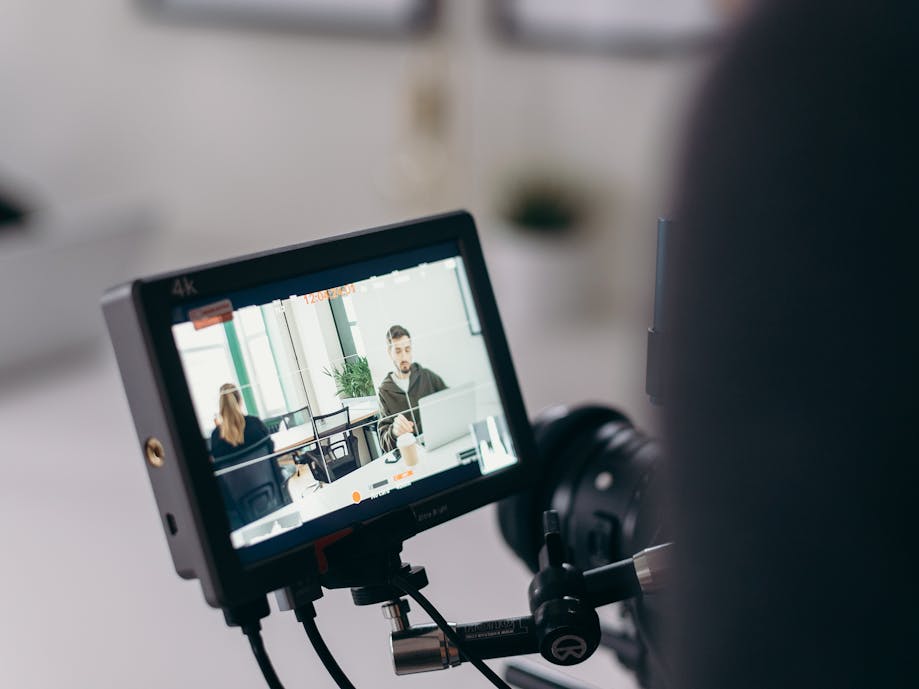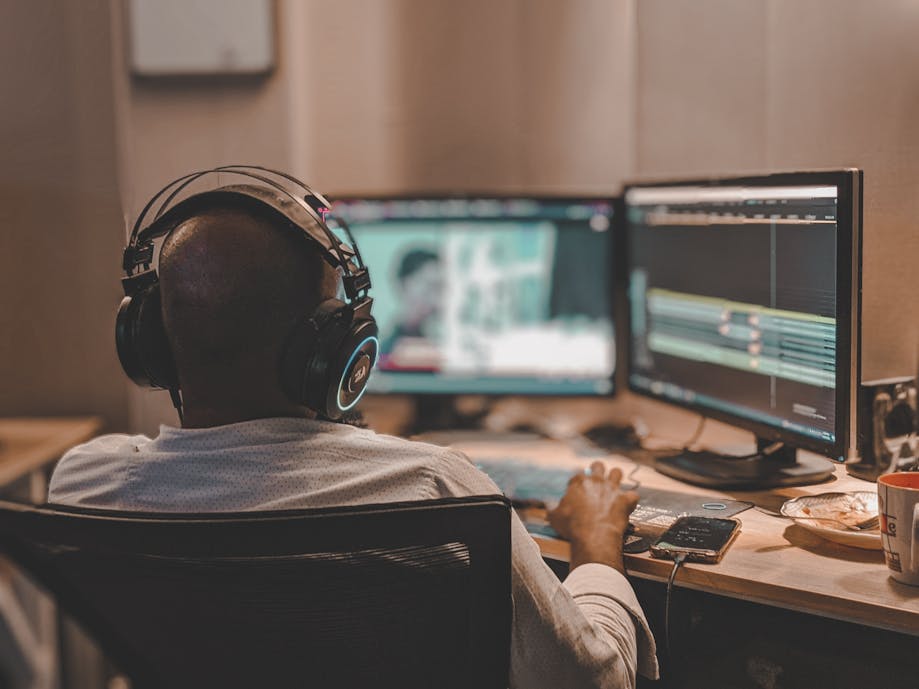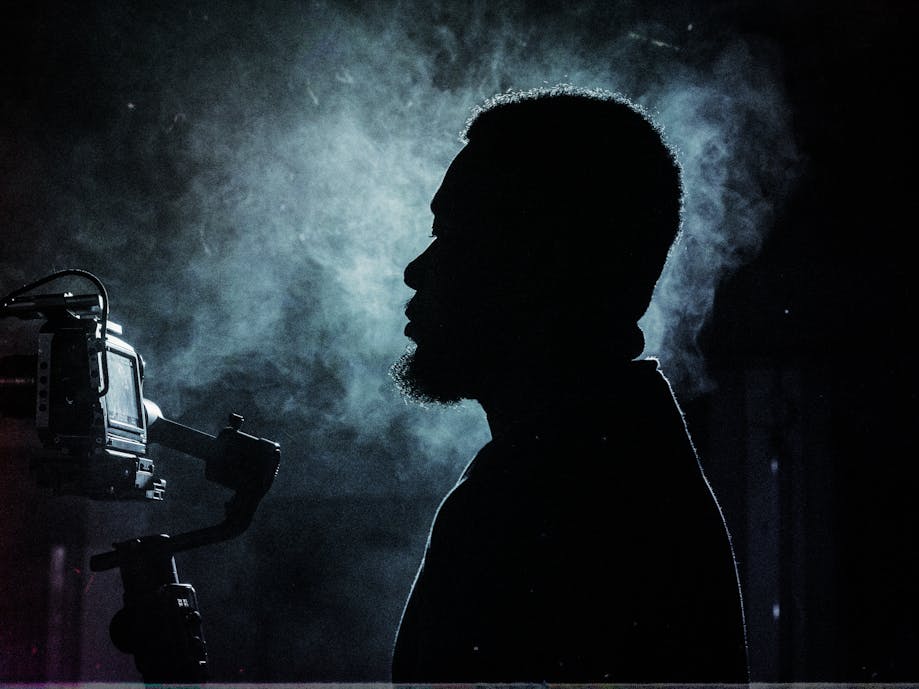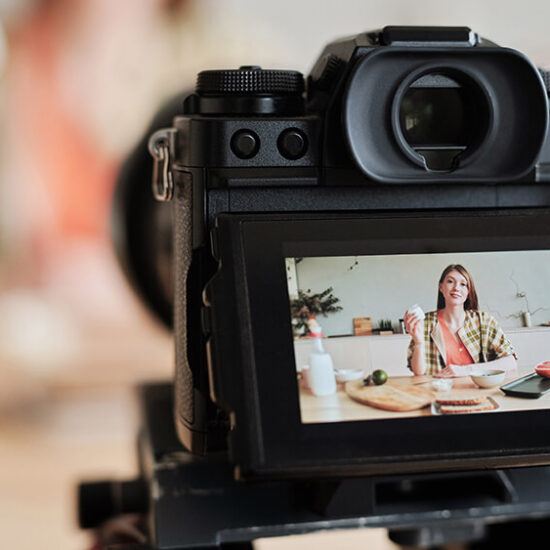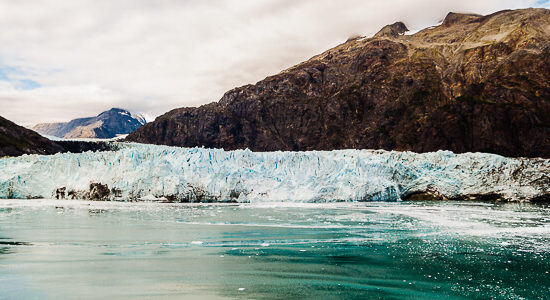Creating a high-quality video requires a combination of technical skills and creativity. A professional videographer manages various stages, from brainstorming ideas to editing, depending on the project. They work with clients, plan shots, control audio, and shape the story. But what does a videographer do, exactly? With years of experience as a professional videographer in Orlando, I’ve learned that video production requires a balance of creativity, technical skill, and attention to detail. Let’s break down the key steps involved.
The Videographer’s Process
Videographers approach each project based on its scope and requirements. For those wondering, what does a videographer do, the answer varies. Some projects involve full production, while others focus on specific videography services. For example, some videographers shoot footage and deliver it via hard drive or upload, leaving editing to the client. Other projects may involve minimal pre- or post-production work.
The Videographer’s Key Responsibilities
Pre-production
This phase involves brainstorming, planning, and preparing for the shoot. You may wonder: What does a videographer do during this stage? They collaborate with clients to understand their goals, develop scripts, and create storyboards. They also define the video’s tone, style, and technical aspects.
Camera Operation
Videographers select the right equipment and compose shots to effectively tell the story. Their expertise in lenses, angles, and techniques produces visually compelling, high-quality footage.
Audio Recording
Clear, high-quality audio is vital for video production. Videographers use professional microphones, such as lavalier, boom, handheld, and shotgun mics, connected to cameras and separate audio recorders for accurate sound capture.
Directing
Videographers may direct talent or guide individuals on camera to achieve the desired effect, particularly for scripted content.
Editing and Post-production
After filming, raw footage enters post-production, where it is shaped into a cohesive story. Videographers use editing software like Adobe Premiere Pro, Final Cut Pro, or DaVinci Resolve to trim clips, sync audio, and adjust color and lighting. They add transitions, graphics, text overlays, and special effects, and perform sound editing to create a polished final video.
The Role of a Videographer: Why Professionals Make a Difference
Smartphones and DIY setups can capture video adequately, but amateurs lack the technical skills and precision that professional videographers provide. A professional understands the nuances of framing, lighting, audio control, and editing, which all contribute to a polished final product. So, what does a videographer do that an amateur might not? In addition to mastering technical aspects, they bring expertise in creating a compelling narrative and making the video flow smoothly. While smartphone quality has improved with accessories like gimbals and microphones, these still can’t replicate the full capabilities of high-end professional equipment or the experience that professionals bring to each shot.
Types of Videographers
Videographers specialize in various areas based on their skills and clients’ needs. Some common types include:
- Advertising Videographer: Creates video content for commercials and advertisements to boost brand awareness.
- Corporate Videographer: Produces professional videos for businesses, including internal communications and brand storytelling.
- Drone Videographer: Captures aerial footage for industries like real estate and live events.
- Event Videographer: Films live events, highlighting key moments and the overall atmosphere.
- Marketing Videographer: Produces videos that support brand messaging and digital marketing strategies.
- Product Videographer: Creates videos showcasing product features, boosting visibility and sales.
- Real Estate Videographer: Films video tours and promotional content to highlight properties.
- Sports Videographer: Captures fast-paced sports action, focusing on key moments and athlete performance.
- Travel Videographer: Produces visually captivating content showcasing destinations and experiences.
- Wedding Videographer: Films weddings, preserving memories in a cinematic style for couples to relive.
Common Misconceptions About Videography Services
The Difference Between Videographers and Photographers
While both use similar equipment, videographers focus on motion, sound, and storytelling, whereas photographers specialize in still images. Some clients assume that a videographer can also take photos, but not all videographers possess the skills required for photography. These two fields demand different techniques and approaches. It’s also worth noting that, although camera quality for video has significantly improved, taking stills from video doesn’t match the quality of a photograph. Additionally, while a videographer may have the ability to handle both tasks simultaneously, if you hire a local videographer for videography services but also expect them to take photos, they may miss important moments while switching between roles. Keep this in mind if you’re considering bypassing a dedicated photographer.
Live Streaming Isn’t Always Included
Not all videographers are equipped for live streaming, which requires additional gear such as encoders, streaming software, and a stable internet connection. Confirm whether this service is available before assuming it’s included.
Videographers Don’t Work Without Preparation
Videographers invest significant time in preparation, such as scouting locations, confirming logistics, and planning shot lists. Rushing this phase can compromise the quality of the final product. If you’re wondering, “What does a videographer do?” it involves more than just showing up with a camera; it requires thoughtful planning and attention to detail. Expecting a local videographer to show up without sufficient details or to improvise can cause problems. Clients should provide ample lead time and information to avoid complications.
Videographer vs. Video Production Company
A videographer and a video production company differ in scope and team structure. A videographer works solo, managing all aspects of filming, while a production company has a full team, ideal for large-scale projects with extensive planning and complex post-production. Videographers can handle smaller video production projects with a more flexible approach. For more on when to choose each, check out my blog post, What Is the Difference Between a Videographer and a Video Production Company?
What to Look for in a Videographer
When hiring a videographer, you may wonder, ‘What does a videographer do, and how do I find the right one?’ Here are some tips to help guide you in selecting the perfect professional for your project.
- Portfolio: Review their past work to see if their style matches your vision.
- Client Reviews: Check their Google My Business page for feedback from previous clients to assess reliability and professionalism. Do they have a consistent track record of positive reviews?
- Services Offered: Confirm that the videographer can meet your specific needs. For example, if you need coverage for a Mass, a food videographer may not be the best choice. Instead, look for a professional event videographer to provide the church videography services you need.
Legal and Ethical Considerations
In addition to the technical aspects of videography, there are legal and ethical responsibilities that must be met for a smooth production process. Videographers must follow legal and ethical guidelines while adhering to the law. This includes obtaining permits when required, especially in public spaces or on private property. They must secure release forms from individuals appearing on camera for permission to use their image. Videographers should use licensed music, footage, and other media to avoid copyright infringement. Clients are required to sign a contract outlining the services provided, rights to the footage, deliverables, and other project details. A clear agreement sets expectations and helps prevent disputes. These practices help maintain professionalism and legal compliance throughout the production process.

Professional videography involves much more than just capturing footage. It’s about understanding your goals and crafting videos that clearly communicate your message. Whether it’s for corporate projects, live coverage, or brand promotions, the right videographer brings skill, experience, and creativity to every stage of production. So, when asked, ‘What does a videographer do?’ the answer is simple: they turn ideas into powerful visual stories. With my experience in videography, I know how to tell a compelling story and deliver the product you need. If you’re looking for a videographer in Orlando, get in touch to learn more.

